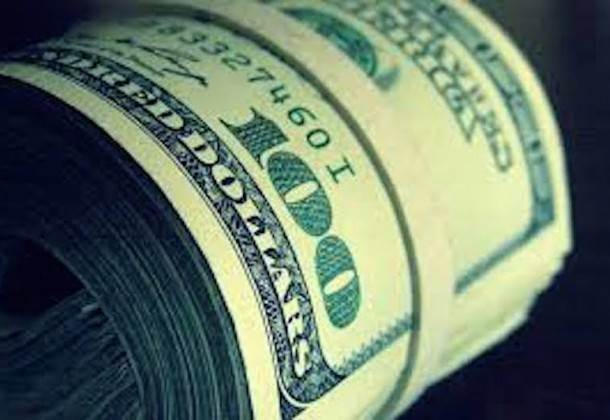 U.S. unemployment fell to 3.5 percent in September, a 50-year low, the non-farm payroll report showed on Friday. 136,000 jobs were created last month after 168,000 were created in August, marking the 108th consecutive month of payroll gains. Though manufacturing jobs declined, there was an increase in bar and restaurant jobs, signaling that while the economy may be facing a contracting, people are still spending money, and the growth period may not be ending as quickly as expected.
U.S. unemployment fell to 3.5 percent in September, a 50-year low, the non-farm payroll report showed on Friday. 136,000 jobs were created last month after 168,000 were created in August, marking the 108th consecutive month of payroll gains. Though manufacturing jobs declined, there was an increase in bar and restaurant jobs, signaling that while the economy may be facing a contracting, people are still spending money, and the growth period may not be ending as quickly as expected.
Yet the optimism that usually comes with a positive jobs report was tempered by less-than-encouraging data earlier in the week, which showed a decline in U.S. manufacturing activity and stagnant wages. Also creeping in to paint a negative picture were fresh concerns about the upcoming trade negotiations between the U.S. and China, after Bloomberg reported that China seems reluctant to agree to a deal based upon U.S. President Donald Trump’s terms.
Asian markets were mostly lower after a rally on Wall Street on Friday, signaling that even positive U.S. jobs data isn’t enough to keep the global markets in the green. China’s benchmark indexes bore the brunt of the downtrend, with the Shenzhen Composite down 1.06 percent as of 1:58 p.m. HK/SIN, and the Shanghai Composite down 0.92 percent. Hong Kong’s Hang Seng Index was down 1.11 percent, while Japan’s Nikkei 225 was 0.18 percent lower. South Korea’s Kospi was flat.
The next round of trade talks between the U.S. and China are set to take place on October 10-11 in Washington, with the express goal of looking for a way to curb or end the tariffs that have been wreaking havoc on the entire global economy. The tariffs have sparked a trend in which global central banks have implemented monetary easing policies in an effort to counteract the negative impacts of the trade war, but thus far the efforts haven’t succeeded in building confidence in the global economy or encouraging serious growth.
The dollar index was up 0.07 percent in the mid-afternoon in Asia, trading at 98.88 .DXY, with the dollar posting its strongest gains against the British pound which fell 0.15 percent against the dollar to trade at $1.231. The greenback eased 0.06 percent against the yen, to trade at 106.87.
